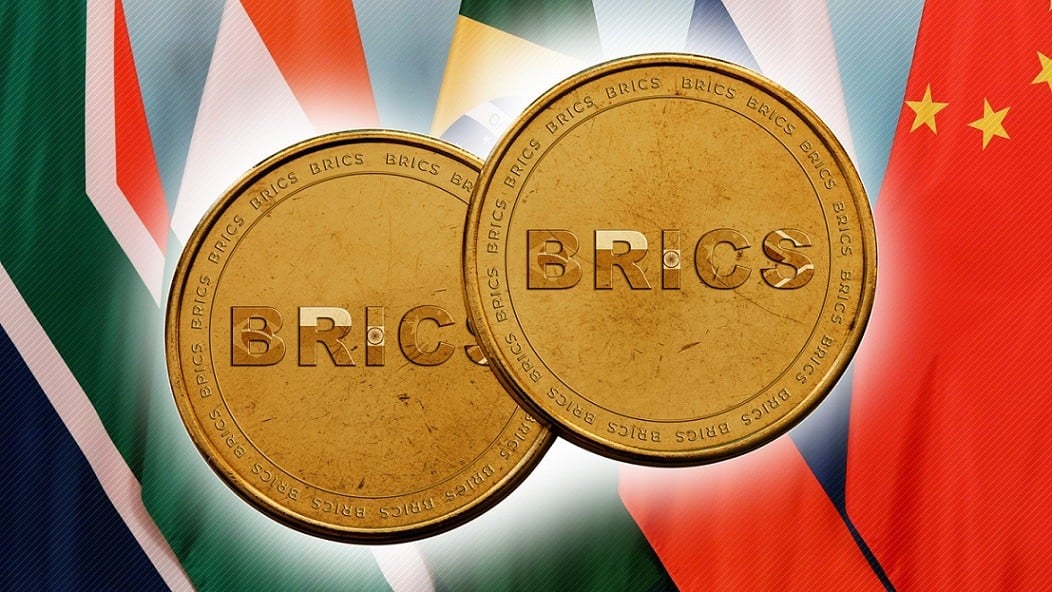 |
| US allies will join BRICS, not oppose the USD, turn around on the issue of the common currency, what is Russia 'plotting'? |
The BRICS summit ended last weekend in Johannesburg, South Africa, with the announcement that they had accepted six new members. Anticipating the "revolutions" of BRICS, with new changes in the world situation, observers are continuing to monitor the impacts of this bloc's "every move, every move".
Brazilian President Luiz Inacio Lula da Silva praised the expansion, noting that the addition of Saudi Arabia, Iran, Ethiopia, Egypt, Argentina and the United Arab Emirates (UAE) would see BRICS' combined GDP rise to 36% of global GDP (in purchasing power terms) and 46% of the world's population.
Saudi Arabia - a traditional ally of the US, is considered a potential member, with the most economic and strategic significance for BRICS. However, expectations about this new member seem to be "restrained", when Saudi Arabia's Foreign Minister, Prince Faisal Bin Farhan, gave a cautious opinion, in a press conference, after the announcement of the admission of new members of BRICS on August 24.
“In its foreign policy, the Kingdom focuses on building economic partnerships and we appreciate the invitation to become a member of BRICS and are studying it,” Foreign Minister Bin Farhan said.
“We are awaiting further details on the nature and criteria of membership. Based on this information and in accordance with our internal processes, Riyadh will make an appropriate decision.”
"Saudi Arabia sees BRICS as a beneficial and important channel to enhance economic cooperation," Foreign Minister Farhan added.
Meanwhile, Brazilian President Lula, who was considered the most outspoken of the BRICS leaders during the summit, clarified the criteria the bloc was looking at when selecting new members. “The important thing is the importance of the country,” Lula told reporters before leaving South Africa.
“We cannot deny the geopolitical importance of Iran and other countries that will join BRICS,” he added, adding that in the future, Brazil will support the entry of Nigeria, Angola, Mozambique and Congo.
BRICS's consideration of economic and geopolitical factors has clearly given an advantage to resource-rich candidates such as Saudi Arabia, the UAE and Argentina, and of course, it can hurt the chances of other candidates. Therefore, among BRICS applications, there will be those who receive a "red carpet" like Saudi Arabia, but there will also be countries that are rejected like Bangladesh or Algeria.
In this context, Russia, of course, cannot afford to waste time pushing its allies and priorities to the top of the bloc’s agenda. With Russia set to assume the BRICS chairmanship on January 1, 2024, Russian Deputy Foreign Minister Sergey Ryabkov said Moscow is looking to add its closest regional allies as it takes on the bloc’s leadership.
And, "of course, Kazakhstan and Belarus are our closest partners. None of the countries that support sanctions against Russia will become members of BRICS," Ryabkov said.
However, “if someone from the Western group suddenly finds BRICS very attractive, decides to break ranks and ... refuses to apply sanctions policy against any country included in the association and applies, then according to the procedure, we will still consider it,” Sergey Ryabkov said.
“It is important that all of them not only support but also share the basic values of BRICS, including solidarity, equality, mutual respect, openness, inclusiveness and mutually beneficial cooperation,” Mr. Ryabkov added.
With the aim of strengthening the role and authority of BRICS, Russia is very focused on promoting the bloc’s de-dollarization initiatives. Regarding the BRICS currency, “consultations are continuing on the creation of effective payment instruments within the BRICS framework, independent of the West, as well as a secure platform for multilateral cross-border settlements,” the Russian Deputy Foreign Minister said.
“Nobody has discussed the BRICS common currency, not even in informal meetings,” said South African Finance Minister Enoch Godongwana. In his view, establishing a common currency would require the creation of a central bank, which would mean losing monetary policy independence. “I don’t think any country is ready for that.”
“This is not an alternative to SWIFT. This is a payment system that facilitates the use of local currencies more conveniently and widely,” said the South African finance minister.
Accordingly, BRICS leaders announced that their finance ministers will be tasked with further exploring issues of member currencies, payment instruments and platforms. They will report back on the findings after a year.
South Africa's ambassador to BRICS, Anil Sooklal, was also quick to steer the conversation away from the idea of a common currency, as he had mentioned before the summit.
“The currency issue is being discussed but let me clarify, this is not about a common BRICS currency. It is too early to talk about a BRICS currency,” Sooklal told the media.
Specifically, “what we're talking about is creating more financial inclusion in terms of global financial transactions, international financial trade, and how we do our payments.”
The goal is “a diversified global monetary system, our own payment system, which will not be held hostage to one or two currencies through which we have to transact to our detriment,” Sooklal also told Xinhua . Anil Sooklal reiterated the BRICS currency issue, which South African Finance Minister Enoch Godongwana had previously announced.
The task assigned to the BRICS finance ministers above (to explore the national currencies of the bloc's members) seems to have placed a decisive role on Russian President Putin - to make an announcement on the issue of de-dollarization in the bloc, when Russia hosts the next BRICS Summit in October 2024. Or maybe even a declaration on a new common trade currency for BRICS.
The new moves of BRICS show that, certainly, Russia as well as the leaders of the bloc are well aware that the path for emerging economies to implement the plan to replace the USD is not easy. There is no alternative to the USD that can reach the level of dominance and creating a new BRICS currency outside the influence of the USD will take a lot of time, need trust and the bumpy road will be very long.
In fact, BRICS's active consideration of intra-bloc transactions using its own currency not only promotes intra-bloc trade but also eliminates high USD conversion costs in international transactions.
Russia and China are leading the de-dollarization drive for their own political and economic interests. Russia is trying to avoid US sanctions by challenging the dollar-dominated financial system, while China is promoting and internationalizing the renminbi (RMB) as an alternative.
And any developments on this front, whether in the form of a payments platform that mediates between local currencies or the creation of a new trade currency, will be even more important next year, after BRICS more than doubled its membership. And within that, the emerging powers will be joined by major oil exporters such as Saudi Arabia, the UAE and Iran.
Source








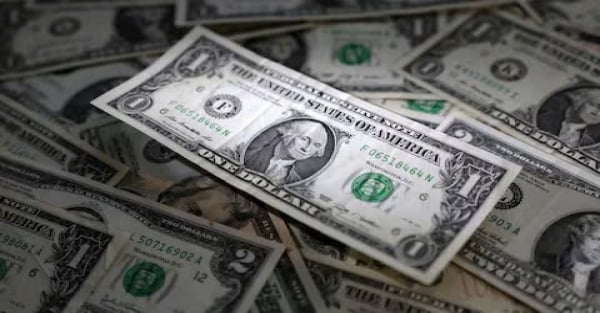

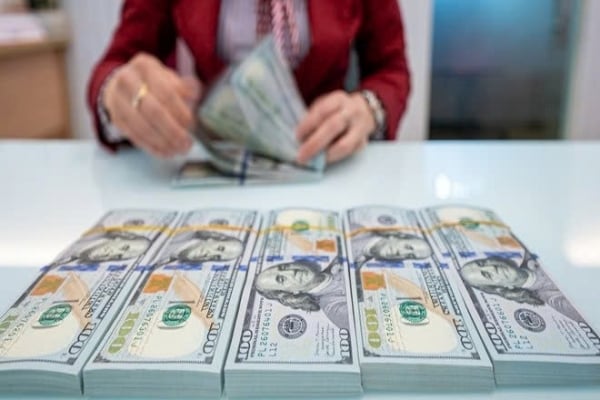

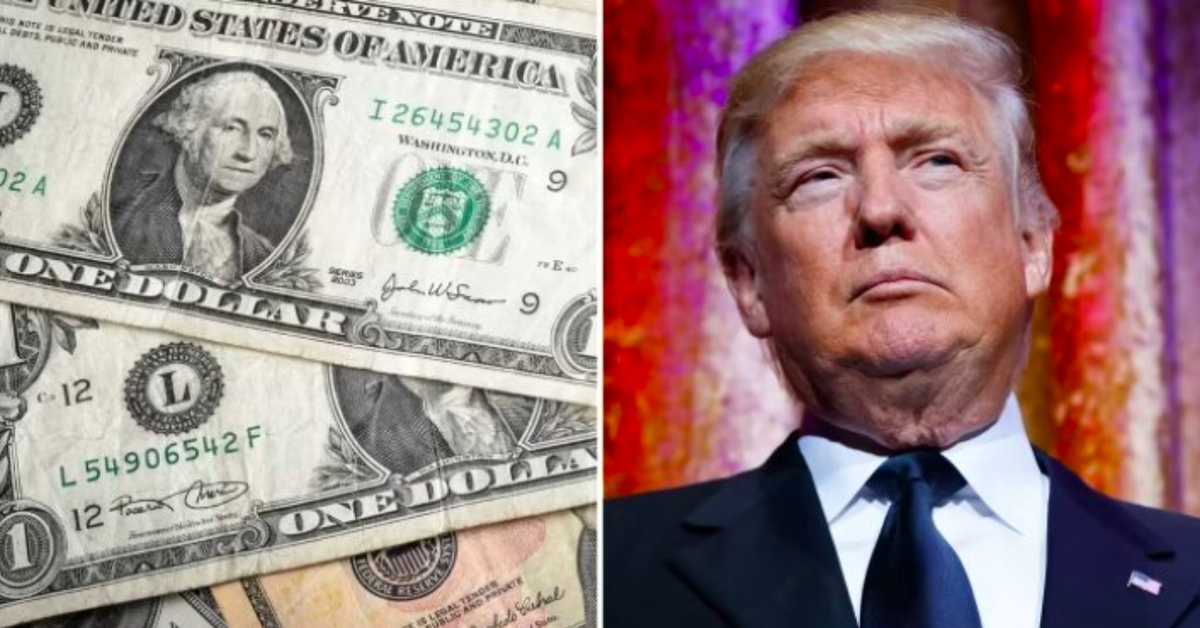

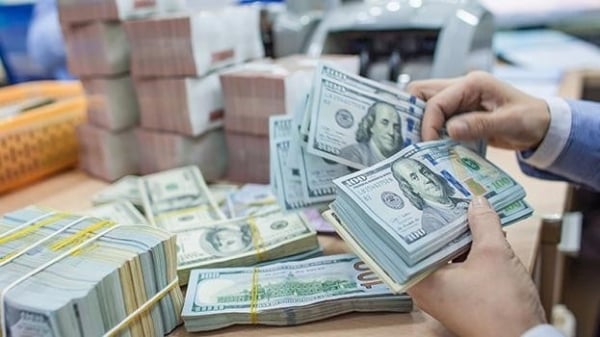



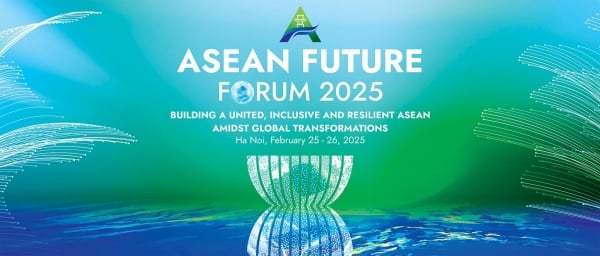
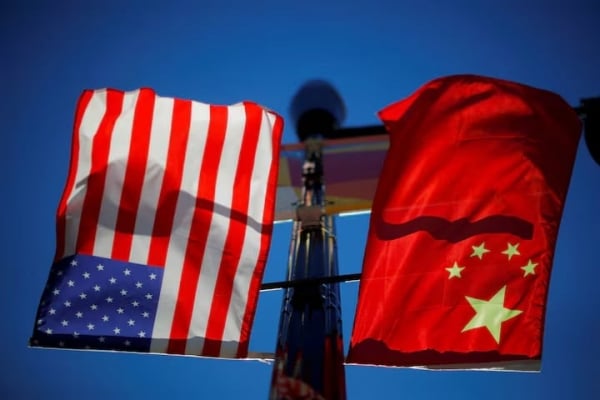
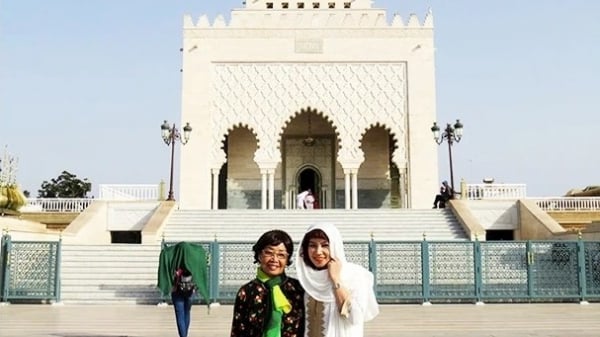








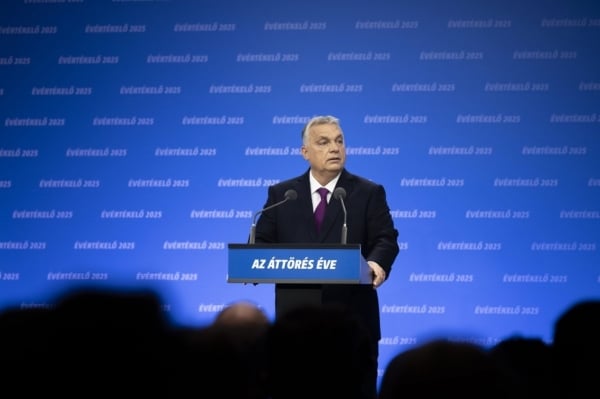







![[Photo] Prime Minister Pham Minh Chinh chairs Government Conference with localities on economic growth](https://vstatic.vietnam.vn/vietnam/resource/IMAGE/2025/2/21/f34583484f2643a2a2b72168a0d64baa)






























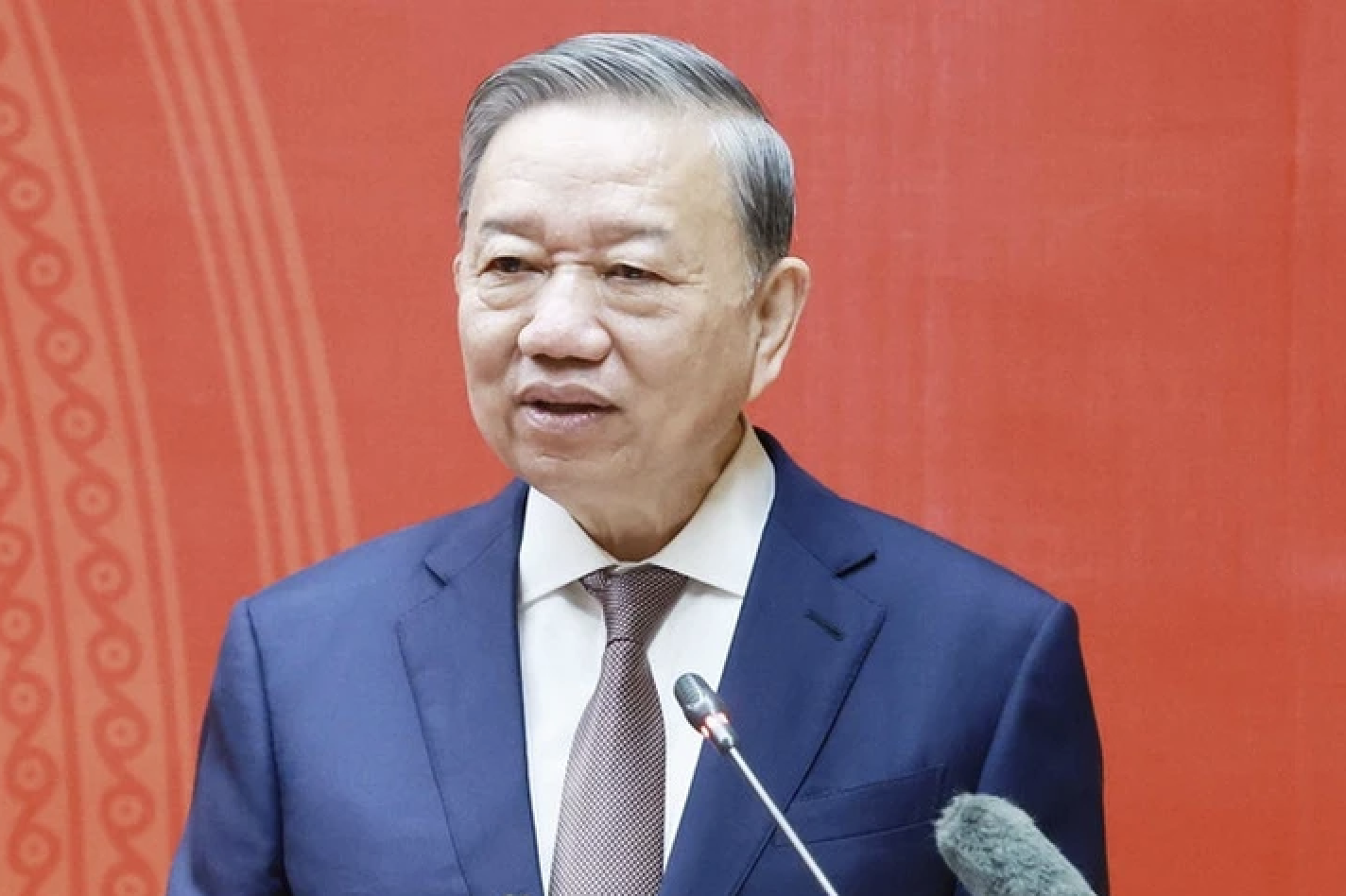
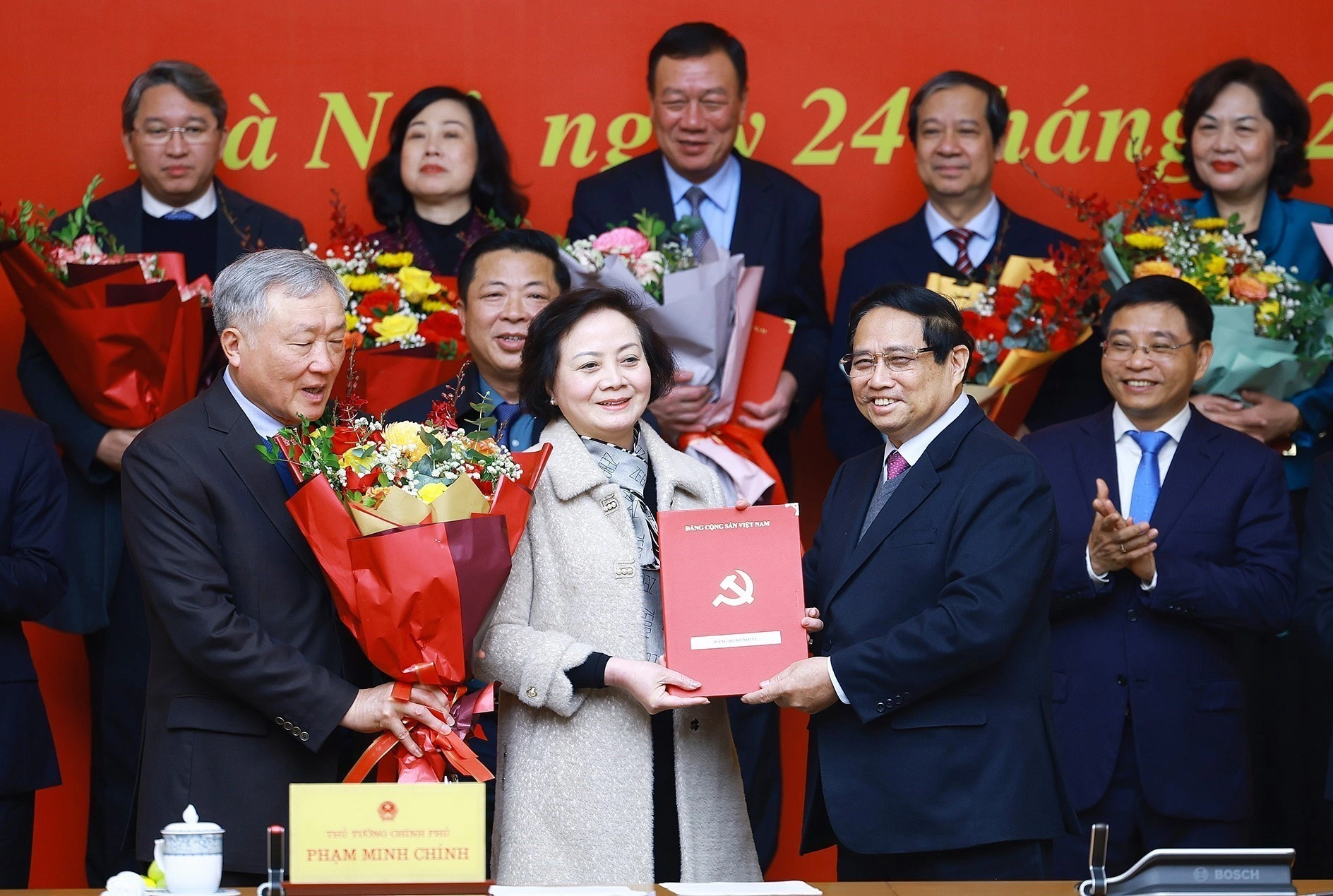






















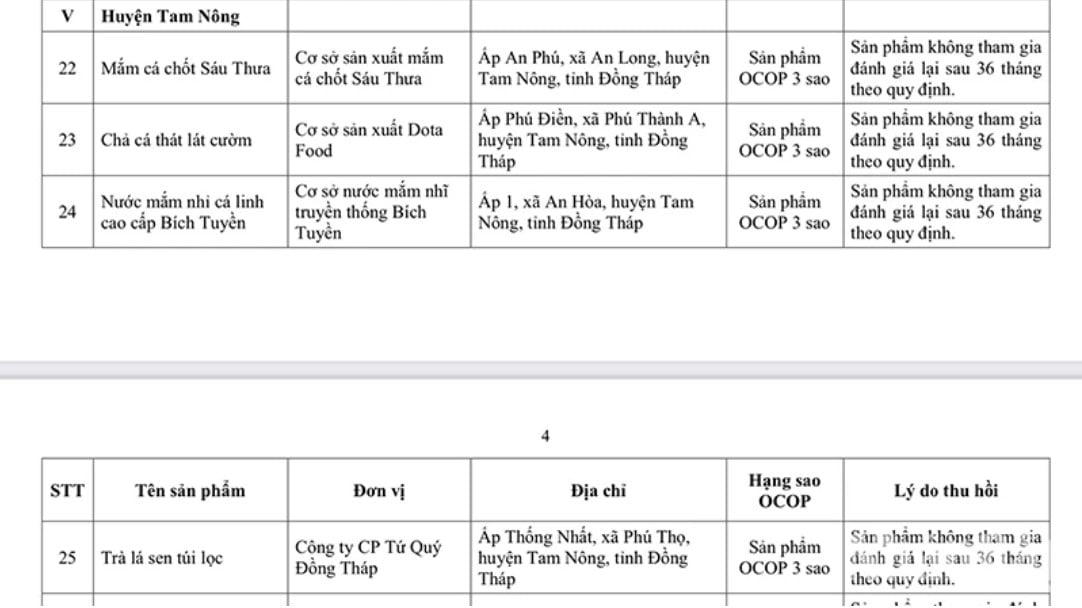




Comment (0)